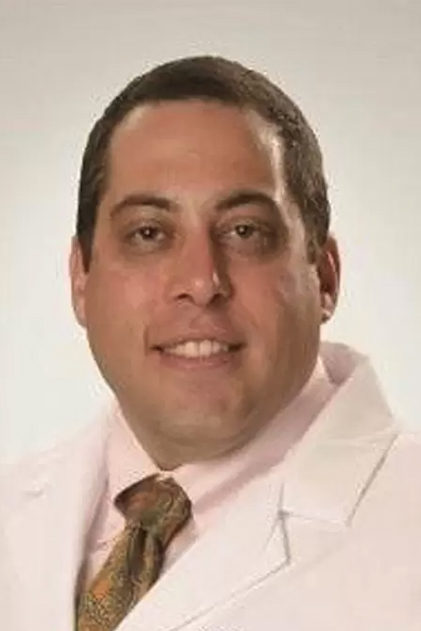About the Minimally Invasive Surgery Fellowship
This is an all-inclusive fellowship that includes robotic and laparoscopic general (hernia, colons), foregut, endoscopic and bariatric surgery.
The fellowship has been accredited by the Fellowship Council in both advanced minimally invasive surgery and minimally invasive bariatric surgery. The fellowship has been graduating fellows on a yearly basis since 2008. The mix of cases in the fellowship is quite varied but is equally split between advanced minimally invasive non-bariatric surgery (hernias, colons, Nissens, etc.) and minimally invasive bariatric surgery.
The fellow will achieve the required number of cases for the advanced minimally invasive non-bariatric portion of the fellowship (150 MIS cases) and also achieve the required number of cases for the minimally invasive bariatric surgery portion of the fellowship (50 gastric bypasses, 10 restrictive – Lap-Bands and sleeves, and 5 revisions for a total of 100 cases). Historically, previous fellows have completed this fellowship with over 400 cases.
The fellow will have some home call responsibility and weekend rounding responsibility, shared with the senior residents on the service. The fellow will spend at least one to two half days per week of clinic responsibilities.
The average fellow will graduate with approximately 400 cases and nearly 500 procedures. This is a very hands-on minimally invasive fellowship from the start. The fellow will learn how to set up a bariatric practice. At the end of the year, the fellow will be able to manage bariatric patients throughout all stages of surgery, i.e., pre-operative, peri-operative and post-operative. The fellow will graduate feeling practice-ready in a variety of minimally invasive procedures.
Duration of fellowship: one year, from August 1 – July 31
Vacation: three weeks


